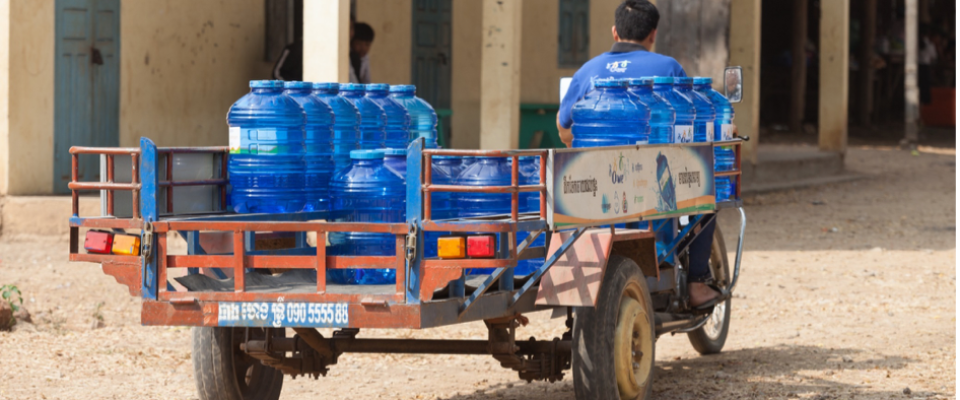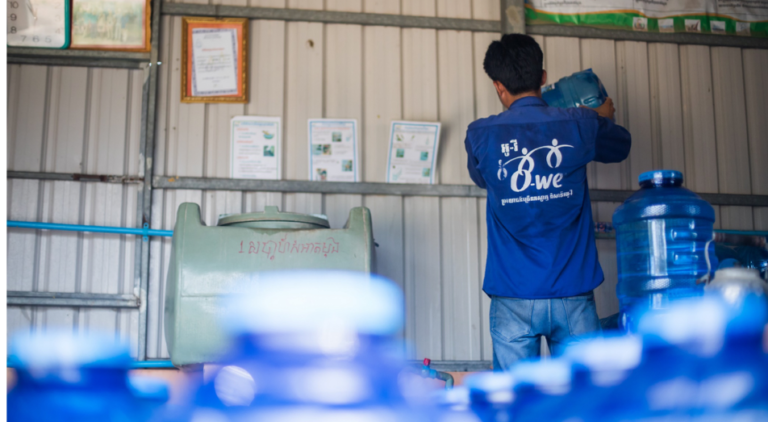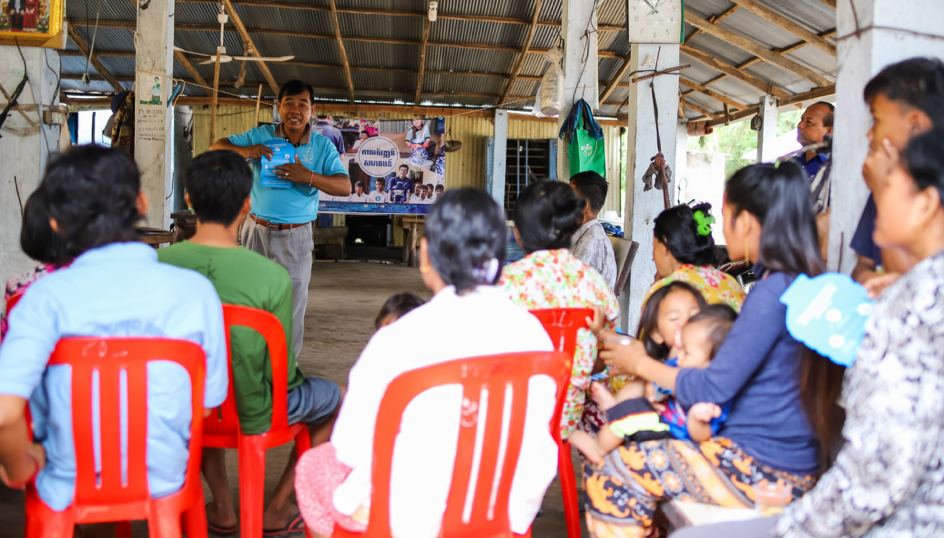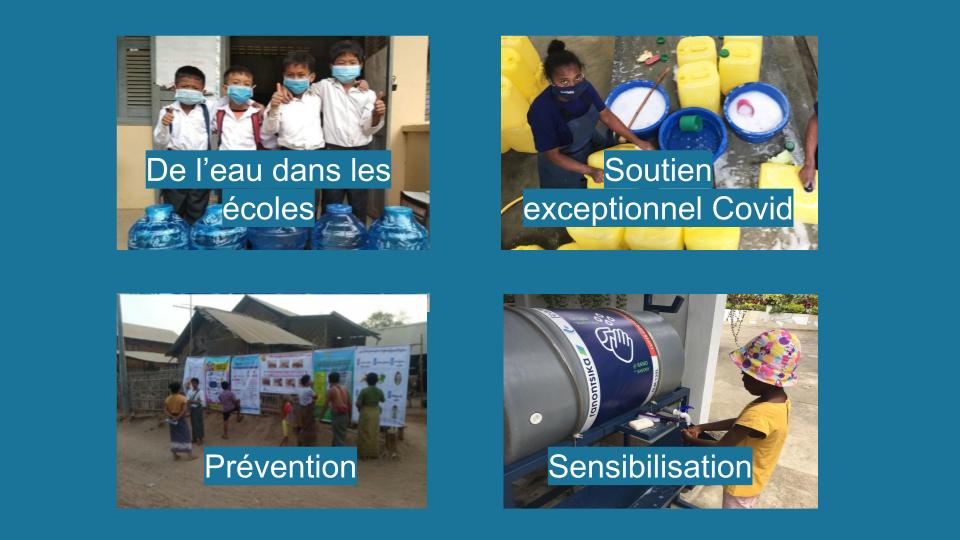In the current global pandemic, the provision of safely managed WASH services is more essential than ever to ensure the health of vulnerable populations. This crisis has also confirmed the critical role of decentralized models to sustain access to safe drinking water and sanitation in these communities.

Conscious of the vital importance of the quality of its drinking water, 1001fontaines has designed a comprehensive approach to maintain it, revolving around 3 pillars:
Ensuring World Health Organization standard water quality till the point of use
Water kiosks are set up directly in the communities they target and are equipped with treatment solutions adapted to the local water source. This ensures an optimal design in terms of dimensioning, energy consumption, and use of the water resource, while being able to match the World Health Organization (WHO) standards of water for drinking purposes.

However, the actual production of safe water is not the main challenge. As stated in the Joint Monitoring Programme Report (JMP), the real game changer is ensuring quality not only at the exit point of the machine, but up to the point of use. When not managed properly, the process of transporting water and storing it at consumer’s premises presents high risks of re-contamination.
That is why 1001fontaines implemented a deposit system for re-usable 20 liter containers. These are sterilized, filled at the water kiosk, then sealed prior to being home-delivered. At each delivery the empty container is collected and brought back to the kiosk to be cleaned and filled again.
Sustaining safely managed services in the long run
Local entrepreneurs are trained to produce, bottle and deliver drinking water in accordance with rigorous processes for quality management and equipment maintenance. This initial training, supported by regular monitoring and maintenance is key to guaranteeing the quality of the service over the long term.

Every month, water samples are taken from each water kiosk, and tested in our own laboratories to ensure compliance with WHO norms. In the event of a quality alert, production is stopped and a technical intervention takes place to identify the root cause and solve the issue.
Fostering the adoption of good WASH practices
Offering safely managed drinking water services is of no use if local communities do not perceive their importance and demand these solutions. This is a frequent challenge in underserved areas where populations are not always aware of the adverse consequences for health of consuming unsafe water.
The local entrepreneurs operating the decentralized water kiosks are perfectly placed to raise awareness about safe water and hygiene, and how they impact health. They are a last-mile network directly in touch with the consumers. Thus, not only do they provide a quality and affordable product but they also foster behaviour change and adoption of good hygiene practices.
Thanks to actions of the local entrepreneurs, the beneficiaries associate our water with a positive impact on their health. It is notable that this factor is the number one reason identified by consumers in Myanmar for choosing our water.

Our comprehensive approach enables 1001fontaines to demonstrate an impressive annual level of 95% of compliance with WHO standards, across our 4 countries of operation, and to provide safe drinking water to 850,000 consumers on daily basis.
- For more information on WHO standards for drinking water visit WHO’s website
- For more information on JMP key takeaways read this report

